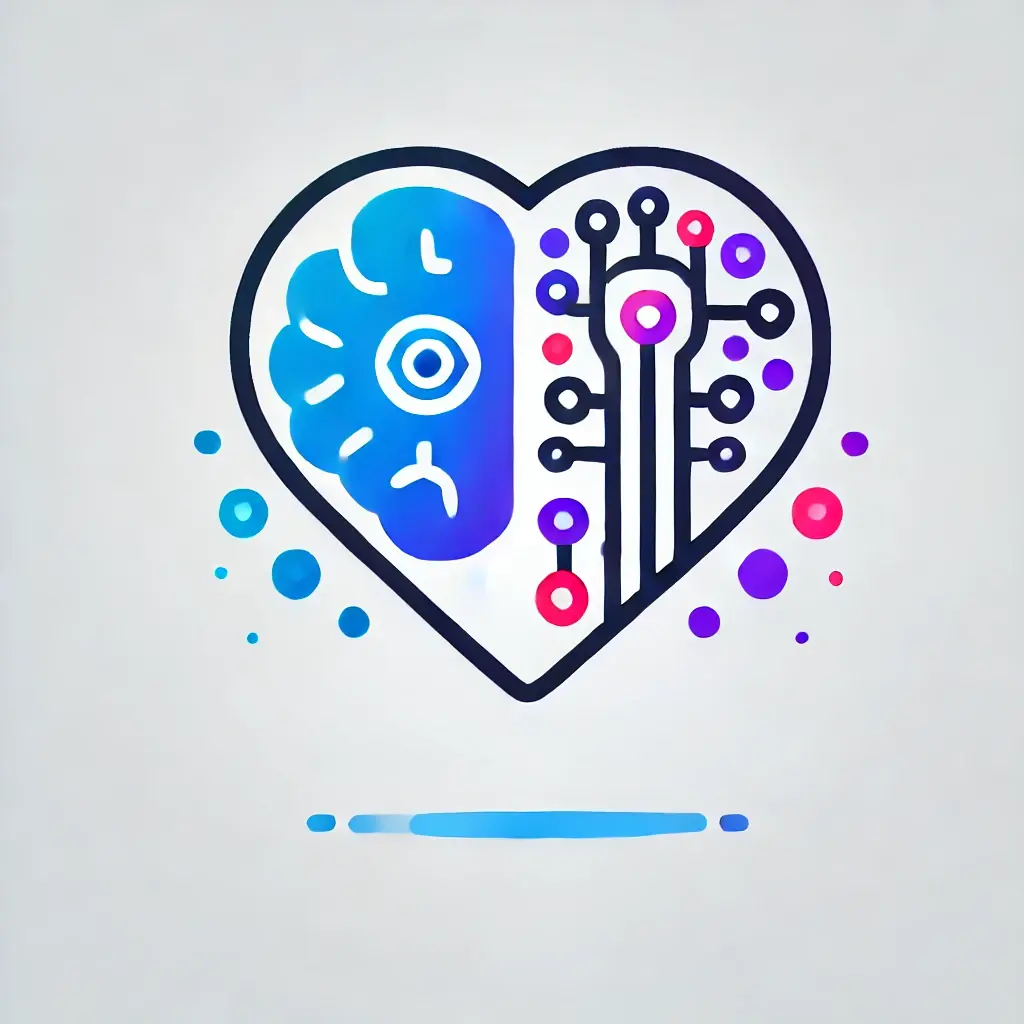AI-Enhanced Mental Health Support
Introduction
Artificial Intelligence (AI) is revolutionizing mental health support by offering innovative solutions for therapy, stress management, and mood tracking. This transformation is driven by advancements in AI technologies such as machine learning, natural language processing, and computer vision. These tools are being integrated into mental health apps and devices, providing accessible and personalized care to individuals worldwide.
AI-Driven Tools for Therapy
AI-powered chatbots and virtual assistants are becoming increasingly popular in providing mental health therapy. These tools can engage users in continuous, personalized conversations, offering therapeutic interventions based on individual needs. For instance, AI chatbots like Woebot use natural language processing to simulate human-like conversations, helping users manage issues such as anxiety, depression, and loneliness. These chatbots are available 24/7, making mental health support more accessible to those who may not have immediate access to human therapists[2][3].
Stress Management with AI
AI can also play a crucial role in stress management by analyzing various data inputs to predict and manage stress levels. Machine learning algorithms can process data from wearable devices, such as heart rate monitors and activity trackers, to detect signs of stress. These algorithms can then provide real-time feedback and coping strategies to help users manage their stress effectively. Additionally, AI-driven mental health apps can offer guided meditation, breathing exercises, and other stress-relief techniques tailored to the user’s specific needs[1][5].
Mood Tracking Devices
Mood tracking devices equipped with AI capabilities can monitor and analyze a user’s emotional state over time. These devices often use sensors to collect data on physical activity, sleep patterns, and physiological responses, which are then processed by AI algorithms to identify mood trends. By providing insights into their emotional well-being, these devices enable users to understand and manage their moods better. For example, AI can analyze facial expressions and voice tones to gauge emotional states, offering personalized recommendations for improving mood and overall mental health[2][4].
Benefits and Challenges
The integration of AI in mental health support offers numerous benefits, including increased accessibility, personalized care, and continuous monitoring. AI can help bridge the gap in mental health services, especially in areas with a shortage of mental health professionals. However, there are challenges to consider, such as the potential for biased algorithms and the need for ethical guidelines to ensure the safe and effective use of AI in mental health care. It is essential to balance the technological advancements with human empathy and judgment to provide holistic mental health support[1][3][5].
Conclusion
AI-enhanced mental health support is a promising field that has the potential to transform how mental health care is delivered. By leveraging AI-driven tools for therapy, stress management, and mood tracking, we can provide more accessible, personalized, and effective mental health support. As technology continues to evolve, it is crucial to address the ethical and practical challenges to ensure that AI serves as a valuable tool in promoting mental well-being.
References
- Ettman, C. K., & Galea, S. (2024). The Potential Influence of AI on Population Mental Health. NCBI. [1]
- ITRex Group. (2024). AI in Mental Health – Examples, Benefits & Trends. [2]
- Lapook, J. (2024). Mental health chatbots powered by artificial intelligence developed. CBS News. [3]
- Goel, T., & Pund, M. (2024). Artificial intelligence in positive mental health: a narrative review. NCBI. [4]
- ScienceDirect. (2024). Enhancing mental health with Artificial Intelligence: Current trends and future prospects. [5]
Further Reading
1. The Potential Influence of AI on Population Mental Health – PMC
2. AI in Mental Health – Examples, Benefits & Trends — ITRex
3. Mental health chatbots powered by artificial intelligence developed as a therapy support tool – CBS News
4. Artificial intelligence in positive mental health: a narrative review – PMC
5. https://www.sciencedirect.com/science/article/pii/S2949916X24000525


